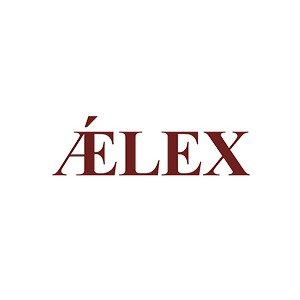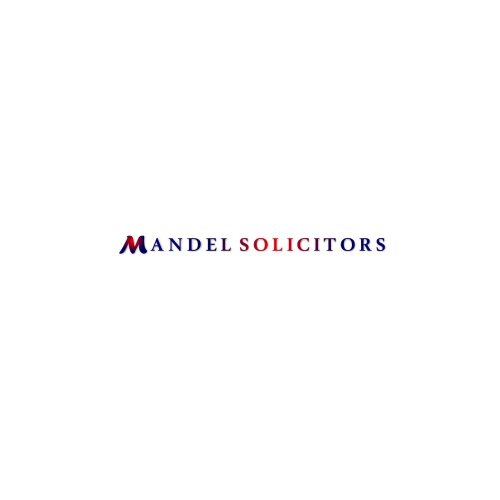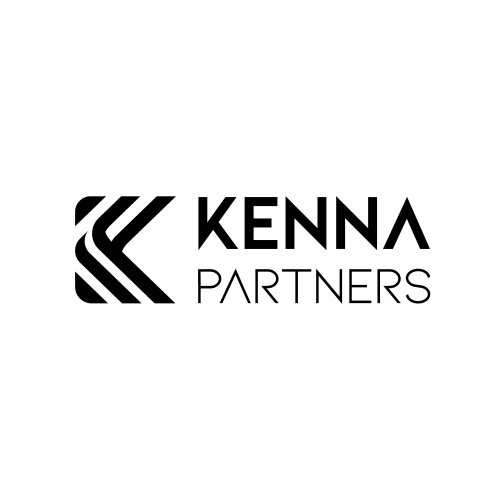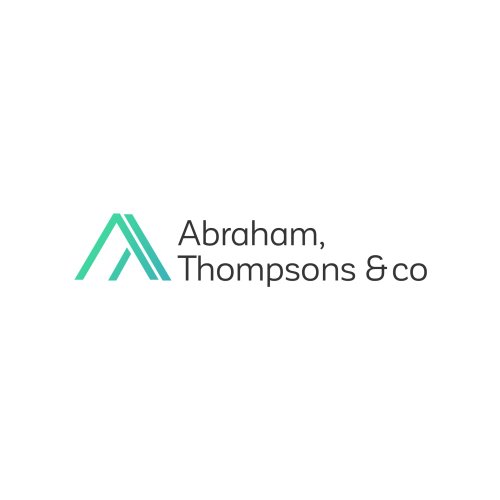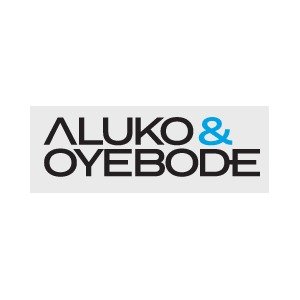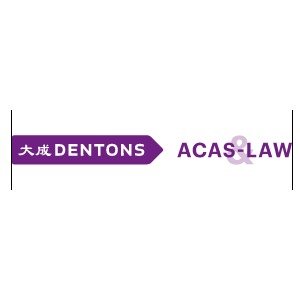Best Technology Transactions Lawyers in Lagos
Share your needs with us, get contacted by law firms.
Free. Takes 2 min.
List of the best lawyers in Lagos, Nigeria
Legal guides written by Adeola Oyinlade & Co:
- Procedure and Requirements for Work Permit and Visas in Nigeria
- The Step-By-Step Procedure of How to Apply for Microfinance Bank License Online in Nigeria
- How to Ensure the Smooth Recognition and Enforcement of Foreign Judgments in Nigeria
About Technology Transactions Law in Lagos, Nigeria
Technology Transactions Law in Lagos, Nigeria, focuses on standard laws and regulation related to the acquisition, licensing, development, sales, distribution, and commercial exploitation of intellectual property (IP) rights, data rights, technology, and software. As Lagos is the economic and technological hub of Nigeria, there is a high demand for legal expertise in this sector.
Why You May Need a Lawyer
Engaging a lawyer specializing in technology transactions is critical when dealing with telecommunications companies, internet service providers, software companies, or other tech-driven businesses. Situations where you might need a lawyer include negotiating a software licensing agreement, defending your intellectual property rights, understanding data protection laws, handling technology acquisitions or mergers, or navigating regulations related to fintech services. A lawyer can ensure your rights and interests are protected while helping you to comply with all relevant laws and regulations.
Local Laws Overview
Nigeria has a robust framework of laws and regulations governing technology transactions. This includes the Nigerian Copyright Act, which protects intellectual property, the Cybercrimes (Prohibition, Prevention, Etc.) Act 2015, which governs issues like data protection and cybercrime, and the Companies and Allied Matters Act. Lagos State's specific Economic Development and Technology Growth Plan also affect the laws impacting tech transactions within the state. It is crucial to understand these laws to conduct business effectively and legally.
Frequently Asked Questions
1. Can I protect my software under Nigerian law?
Yes. Under the Nigerian Copyright Act, software can be protected as a literary work. This means it is illegal for others to reproduce, publish, or adapt your software without permission.
2. Can a foreign company conduct a technology transaction in Lagos, Nigeria?
Yes, foreign companies can engage in technology transactions in Lagos, Nigeria. However, they must comply with all relevant Nigerian laws and regulations, which may include registering a local entity.
3. What is the legal status of fintech in Lagos, Nigeria?
The Central Bank of Nigeria regulates Fintech activities through the Banks and Other Financial Institutions Act and the Nigeria Deposit Insurance Corporation Act.
4. Can I pursue legal action in Lagos for online defamation?
Yes, under the Cybercrimes Act 2015, you can seek legal redress for harmful digital communications, including online defamation.
5. How are data rights and privacy protected in Lagos, Nigeria?
Key legislation regulating data rights and privacy in Nigeria include the Nigerian Data Protection Regulation 2019 and the Cybercrimes Act 2015. These laws protect personal data and set rules for its collection, processing, storage and disclosure.
Additional Resources
For further insights into Tech Transactions Law in Lagos, the Nigerian Communications Commission website offers valuable resources. The website of the Nigeria Technology Development Agency is another good source. In addition, The Intellectual Property Law Society of Nigeria provides resources for IP right protection.
Next Steps
If you require legal assistance in Technology Transactions in Lagos, the first step is to consult a lawyer experienced in this field. They can provide you with expert advice tailored to your situation and ensure you comply with all the relevant laws and regulations. Organizations such as the Nigerian Bar Association provide directories of attorneys to help you find the right legal help.
Lawzana helps you find the best lawyers and law firms in Lagos through a curated and pre-screened list of qualified legal professionals. Our platform offers rankings and detailed profiles of attorneys and law firms, allowing you to compare based on practice areas, including Technology Transactions, experience, and client feedback.
Each profile includes a description of the firm's areas of practice, client reviews, team members and partners, year of establishment, spoken languages, office locations, contact information, social media presence, and any published articles or resources. Most firms on our platform speak English and are experienced in both local and international legal matters.
Get a quote from top-rated law firms in Lagos, Nigeria — quickly, securely, and without unnecessary hassle.
Disclaimer:
The information provided on this page is for general informational purposes only and does not constitute legal advice. While we strive to ensure the accuracy and relevance of the content, legal information may change over time, and interpretations of the law can vary. You should always consult with a qualified legal professional for advice specific to your situation.
We disclaim all liability for actions taken or not taken based on the content of this page. If you believe any information is incorrect or outdated, please contact us, and we will review and update it where appropriate.






